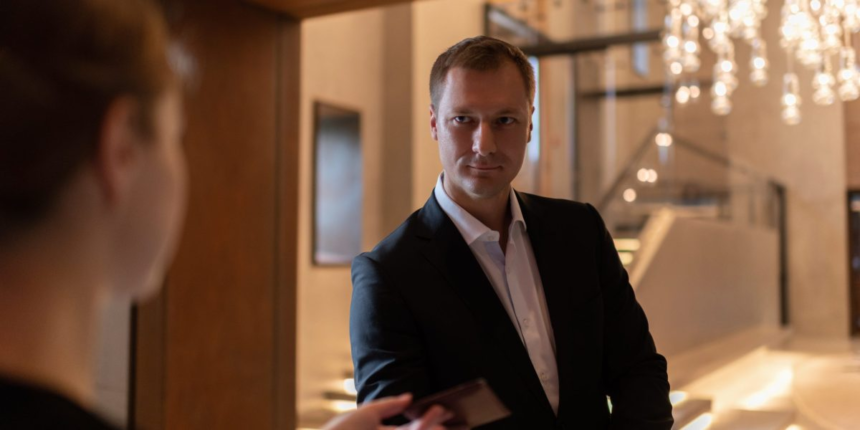“You got your suitcase, and you go, ‘I am checking in, but before I do, I just want you to know I travel on business all the time. I’m always on the road. And it’s never ever made sense to me that everyone in the entire hospitality industry is being taken care of except for you people at the front desk,’” Simon said.
“‘You look at the valet parking guys, these guys are morons. They can’t even fold their wallets at the end of a shift, they’re getting tips so much. Meanwhile, you probably have a degree in hospitality, right? Yet no one ever takes care of you. You’re on your feet for eight hours a day. You’re the front door to this organization. You’re running this hotel as far as I’m concerned.’”
He then says to place a $20 bill on their keyboard. “‘I just want to let you know how much I appreciate everything you do,’” he said. “‘My name is Tom Simon. I’m checking in. If you could get me a decent room, I’d appreciate it.‘”
Most recently, at a casino hotel, Simon said the approach yielded “the biggest hotel room I’ve ever stayed [in] in my life”: a suite with a large living room, stocked bar, expansive bedroom, and bathroom “bigger than my first apartment.” He said the front-desk staff also provided complimentary parking and free breakfast coupons.
The strategy acknowledges a reality of hotel operations: Front-desk staff wield considerable discretionary power over room assignments. They determine proximity to noise sources like ice machines or late-night gatherings, and they often have latitude to upgrade guests when premium rooms remain available. Simon suggests framing requests in personal terms: “Put me in the room you would put your mother in if you wanted to show her a really, really special time here at the hotel.”
“The front-desk people have so much control over the quality of your stay,” Simon said in the video. “They know where the frat party is. They can put you next door to that, or they can put you not next door to that.”
You can watch Simon’s TikTok on the aforementioned hotel-room strategy below:
For this story, Fortune used generative AI to help with an initial draft. An editor verified the accuracy of the information before publishing.









